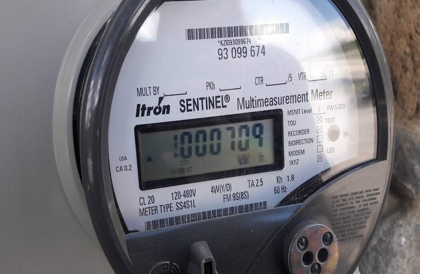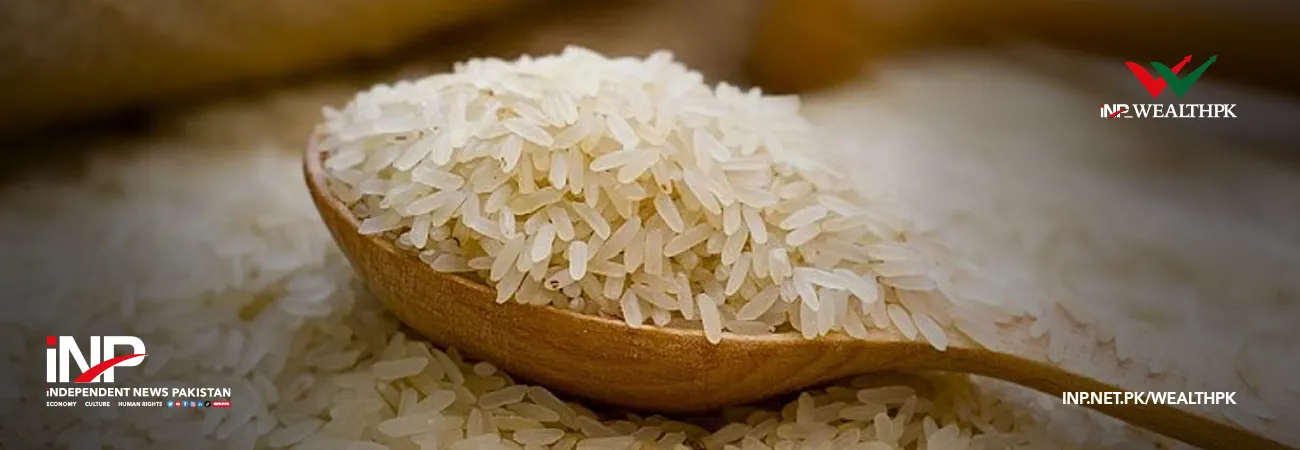آئی این پی ویلتھ پی کے
Amir Saeed
Pakistan’s net metering policy needs reforms for fair distribution of costs and benefits for sustainable solar energy growth.

Talking to WealthPK, spokesperson for the Ministry of Energy said the net metering policy allowed the consumers typically using solar panels to generate their own power and feed the surplus energy back to the grid. In return, they receive credits that offset their electricity bills. This system has seen significant growth, particularly in nine major cities, where 80% of net metering users reside. However, the benefits of net metering largely favor the affluent households in these urban areas, while the costs are distributed among all grid users.
“Last year, non-net metering consumers bore a burden of Rs102 billion due to the reduced grid usage by the solar users. If unaddressed, this burden could rise to Rs503 billion over the next decade,’’ the spokesman said. The current payback period for solar investments is notably short, often within a year, which incentivizes rapid adoption but strains the grid’s financial sustainability. To mitigate the strain, there is a push for policy reforms, which could better balance the benefits and costs across all consumers.
This change aims to ensure long-term viability of Pakistan's power sector while promoting sustainable energy practices. Talking to WealthPK, Dr. Shahid Rahim, a senior energy professional with extensive experience in sustainable energy and power systems, highlighted that the solar energy sector in Pakistan encountered substantial obstacles, particularly regarding grid integration and policy uncertainty. In response, the government is reassessing its net metering policies and import levies, which could affect the adoption of distributed solar systems.
“Most solar installations are currently behind-the-meter and non-grid-interactive, underscoring the need for a robust regulatory framework. Technical challenges like reverse power flow and over-voltages complicate grid integration but can be resolved through effective planning and system design,’’ he said. Dr Shahid pointed out that distributed solar offered benefits such as reduced reliance on the costly centralized infrastructure. To promote sector growth, the government should view distributed solar as a partner rather than a hindrance.
A comprehensive legal and regulatory framework is essential to create a level playing field for solar energy to compete with the traditional sources. “The National Electric Power Regulatory Authority (NEPRA) should facilitate innovative pricing models and ensure fair compensation for the consumers contributing to the grid,” he said. Careful regulation is crucial to ensure a balanced and sustainable energy future, as Pakistan's solar expansion presents significant economic and environmental opportunities.
Credit: INP-WealthPk












